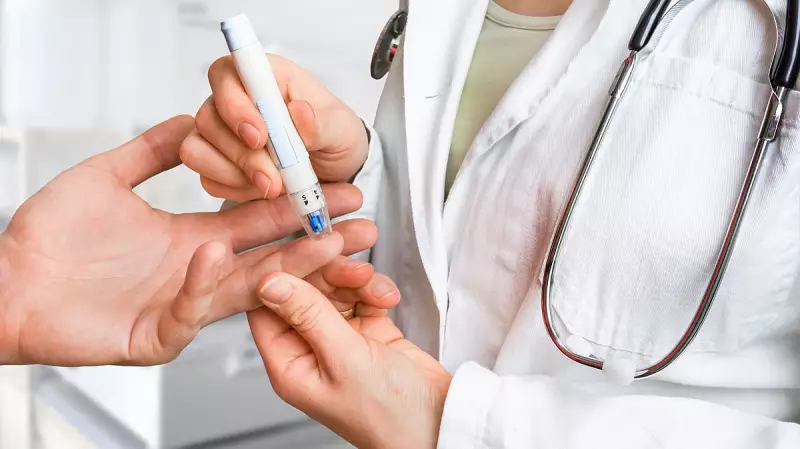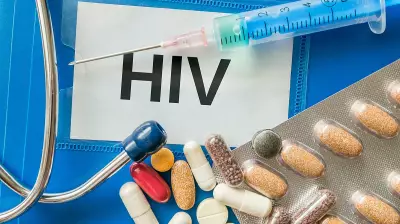
A recent health report has uncovered a disturbing trend sweeping across India, revealing that one in every two people tested shows alarming high blood sugar levels. The comprehensive study, drawing attention to the growing diabetes crisis in the country, indicates that this health concern is no longer confined to older generations.
Younger Population at Increasing Risk
The PharmEasy report, published on November 11, 2025, delivers particularly concerning news about younger demographics. The data shows that even among those aged under 30, a significant proportion exhibited elevated blood sugar readings that typically indicate prediabetes or diabetes.
This finding challenges the conventional understanding that diabetes primarily affects middle-aged and elderly populations. The report suggests that lifestyle changes, dietary habits, and possibly genetic factors are contributing to this shift toward younger age groups developing metabolic disorders.
Understanding the Scale of the Problem
The statistic that 50% of tested individuals showed high blood sugar levels represents a substantial public health concern for the nation. This widespread prevalence indicates that millions of Indians may be living with undiagnosed or poorly managed blood sugar conditions.
Medical experts express particular concern about the silent nature of early-stage diabetes, which often presents no obvious symptoms while gradually damaging vital organs. The report emphasizes the importance of regular screening, especially for those with family history of diabetes or sedentary lifestyles.
Implications for India's Healthcare System
The findings from the PharmEasy report carry significant implications for India's healthcare infrastructure and public health policies. The rising incidence of high blood sugar among younger adults suggests the country may face increased healthcare burdens in the coming decades.
Healthcare professionals are urging immediate action, including:
- Increased public awareness campaigns about diabetes prevention
- Regular blood sugar screening programs for all adults
- Lifestyle intervention programs targeting younger populations
- Workplace wellness initiatives focusing on metabolic health
The report serves as a crucial wake-up call for both individuals and policymakers to address this growing health emergency before it escalates further.






